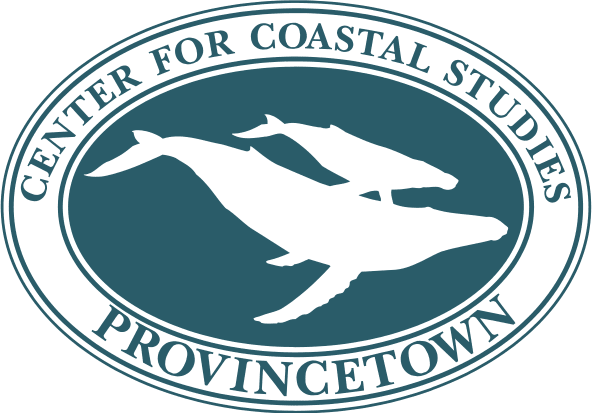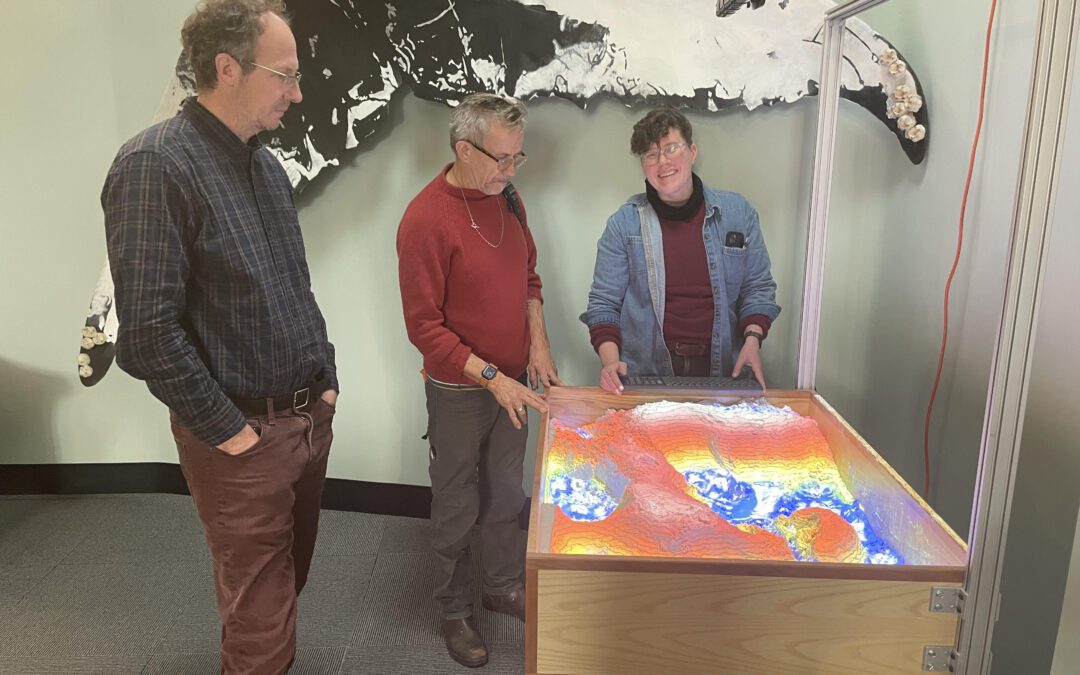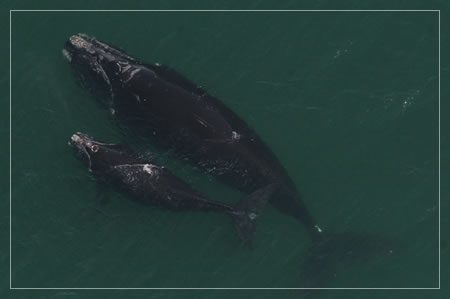Students in the Nauset School System will soon have a new opportunity to learn about the world right under their feet. They’ll study Cape Cod’s coastal geology, conduct field research, and analyze their findings in a new program at the Center for Coastal Studies. The program is called COAST, which stands for Coastal Oceanography After School Team.
It was funded with a generous grant from the Dorr Foundation and is scheduled to begin this spring. The program is a six-week after school program designed for high school girls and gender-expansive youth .
“The idea is to take them into the field and introduce them to coastal geology. They’ll get their hands dirty, and it’s a very cool way to get an introduction to the field of coastal geology,” explained Katie Castagno, director of the Center’s Land & Sea Interaction Program, who noted that a oceanography field course she took in high school ended up changing her career trajectory.
Castagno said the Cape is a fascinating place to study geology. “Cape Cod is here because of geology. We have these incredible examples of landscape change in our backyard. The Cape is an ephemeral spit of sand that’s been shaped by thousands of years of geological forces and is now being affected by climate change.”
COAST will begin with four weeks in the field, after school, under the guidance of Castagno and other scientists from the Center for Coastal Studies. Students will examine various Cape Cod ecosystems and take samples, including sediment cores. The program then continues with two weeks back in the Center’s Hiebert Marine Lab where the students will analyze their samples.
Each student will be trained on tools used by geologists, like hand lenses and sledge hammers. Castagno said skill-building with professional-grade tools will be empowering.
They’ll also have the opportunity to use a new topographical sand table to examine how the landscape changes. The table was purchased with the funding from the Dorr Foundation, and uses computer software and special lighting to indicate a landscape’s elevations and illustrate how water flows over geological systems.
“It’s also really fun!” said Castagno.
Students interested in learning more about the program should contact Castagno at Kcastagno@coastalstudies.
Photo (left to right): Director of Education Jesse Mechling, Scientist/Artist-in-Residence Mark Adams, and Director of the Land & Sea Interaction Program Katie Castagno examine the new topographical sand table.



